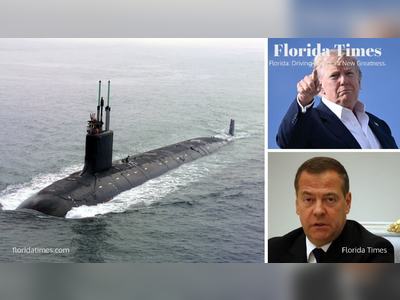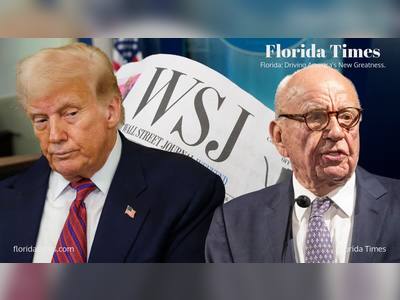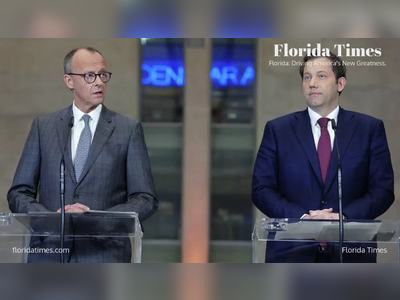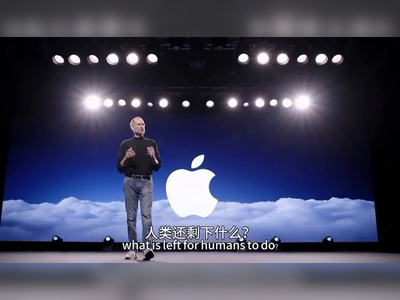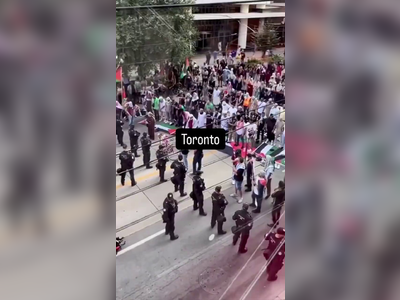Trump Threatens Canada with Tariffs Over Palestinian State Recognition
Canadian Prime Minister Mark Carney announced that Canada will formally recognise a Palestinian state at the upcoming United Nations General Assembly in September. The recognition is conditional upon democratic reforms, including elections in 2026 and the exclusion of Hamas from any future Palestinian government.
This move aligns Canada with similar announcements from France and the United Kingdom, signalling a broader diplomatic shift among Western allies. The recognition comes as pressure mounts to address the humanitarian crisis in Gaza and revive discussions around a two-state solution.
Within hours of Canada’s announcement, U.S. President Donald Trump issued a warning on his social media platform, stating that Canada’s position would make it “very hard” to conclude any trade agreement with the United States. Trump followed with a declaration that all Canadian goods not covered by the US–Mexico–Canada Agreement (USMCA) would be hit with a thirty-five percent tariff starting August 1st.
Canada and the U.S. have been in a prolonged trade dispute since February 2025, when the Trump administration imposed blanket tariffs of twenty-five percent on most Canadian imports, exempting only energy. In response, Canada imposed retaliatory tariffs on U.S. goods, and talks to revise the USMCA have since stalled.
Mark Carney defended Canada's decision, stating that recognition of Palestinian statehood was consistent with international law and aligned with allied democracies. He emphasized that Canada's support for Palestinian statehood was conditioned on governance reforms and would not include groups designated as terrorist organizations.
The trade dispute now appears to be escalating beyond economic matters. Trump’s administration has imposed visa restrictions on officials from the Palestinian Authority and hinted at broader diplomatic isolation for countries backing Palestinian recognition.
Critics in Canada, including opposition lawmakers and advocacy groups, have argued that the move may reward militant factions and undermine ongoing hostage negotiations. In the United Kingdom, a group of House of Lords members expressed concern that early recognition could be a violation of international legal norms.
Economists warn that Canada’s export-dependent industries—already under pressure—could face significant setbacks. Business groups have urged the government to negotiate from a position of strength rather than concede under pressure.
The use of trade measures as geopolitical tools has become increasingly common under Trump’s approach to foreign policy. Tariffs have been imposed on India, France, and other countries following disagreements over issues ranging from digital taxes to military alignment.
With the UN General Assembly weeks away and negotiations with the U.S. at a standstill, Canada faces mounting challenges on both diplomatic and economic fronts.

